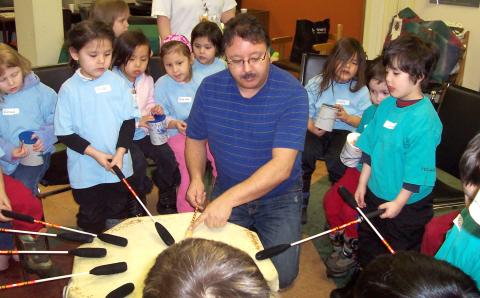Seven years ago, Henry Wildeboer wrote a Banner article suggesting the Christian Reformed Church needs a spiritual revival (“These Bones Can Live,” October 2014). I agree. Our churches need a spiritual revival more than anything else at this time. But what holds us back is our sinful pride. Collectively, we are guilty of spiritual pride—pride in our rich theological heritage and in getting our doctrines “right,” pride in our organizational strengths and in our ability to get things done. These are all good things, for sure, but we have placed too much trust in them. Of course, we never say these are where our trust lies, but our default behaviors betray our inner beliefs.
I say this as someone who also struggles with the sin of pride, especially intellectual pride. I know pride when I see it. I have hinted at our need for revival in past editorials (see “Praying for Our Lives,” July/August 2018). I have written that we need “A New Reformation” (October 2017). This time, I want to be clear: the CRCNA needs a spiritual revival or it will die, regardless of what else we do.
There are many reasons, within and outside the church, for declining church membership across North America. There is no silver bullet to stop it. We have relied on study committees, organizational restructuring, and refining our Church Order as ways to solve our problems. But if these collective strengths that we pride ourselves on can solve our decline, wouldn’t they have solved it by now?
It’s time we humble ourselves, collectively and individually, begging God to fill us with the Holy Spirit and confessing and repenting from our spiritual pride. We must immerse ourselves in Scripture with humble hearts and eyes, without agendas. Revival might not be the silver bullet, but without it, nothing else will work.
Jonathan Edwards, the 18th-century American revivalist preacher, warned against spiritual pride and listed a number of its symptoms. First, the spiritually proud often overlook their own faults, failing to recognize their pride. Instead, their pride makes them focus on the faults of others. A spirit of fault-finding is a sure symptom of spiritual pride. Humble Christians worry more about their own sins and faults.
Second, the spiritually proud are often harsh in their criticisms of others, even of other Christians. Edwards bemoaned how they often would cloak their prideful harshness in sanctity and bold zeal for Christ to call things out. Rather, humble Christians, said Edwards, should “treat one another with as much humility and gentleness as Christ, who is infinitely above them, treats them” (Works, Vol. 1, ix.v.i).
Edwards listed more symptoms, but we can already see ourselves in the above list. Almost every camp or tribe in CRC disputes has shown these symptoms of fault-finding, harshness, and overlooking one’s own faults or weaknesses. Just look at how we argue online over anything.
We are collectively guilty of spiritual pride. I am sure we can rationalize it away. But if we choose to be stuck in our prideful ways, we can be sure God will oppose us: “God opposes the proud but shows favor to the humble” (James 4:6; 1 Pet. 5:5; Prov. 3:34). If we repent and humble ourselves instead, God will dwell with us: “‘I live in a high and holy place, but also with the one who is contrite and lowly in spirit, to revive the spirit of the lowly and to revive the heart of the contrite’” (Isa. 57:15).
I am committing myself to praying daily for God’s revival and that he would cleanse us of spiritual pride. Who will join me?
About the Author
Shiao Chong is editor-in-chief of The Banner. He attends Fellowship Christian Reformed Church in Toronto, Ont.
Shiao Chong es el redactor jefe de The Banner. El asiste a Iglesia Comunidad Cristiana Reformada en Toronto, Ont.
시아오 총은 더 배너 (The Banner)의 편집장이다. 온타리오 주 토론토의 펠로우쉽 CRC에 출석한다.
You can follow him @shiaochong (Twitter) and @3dchristianity (Facebook).









